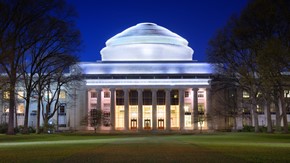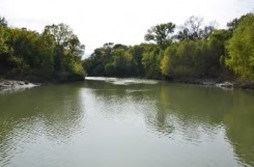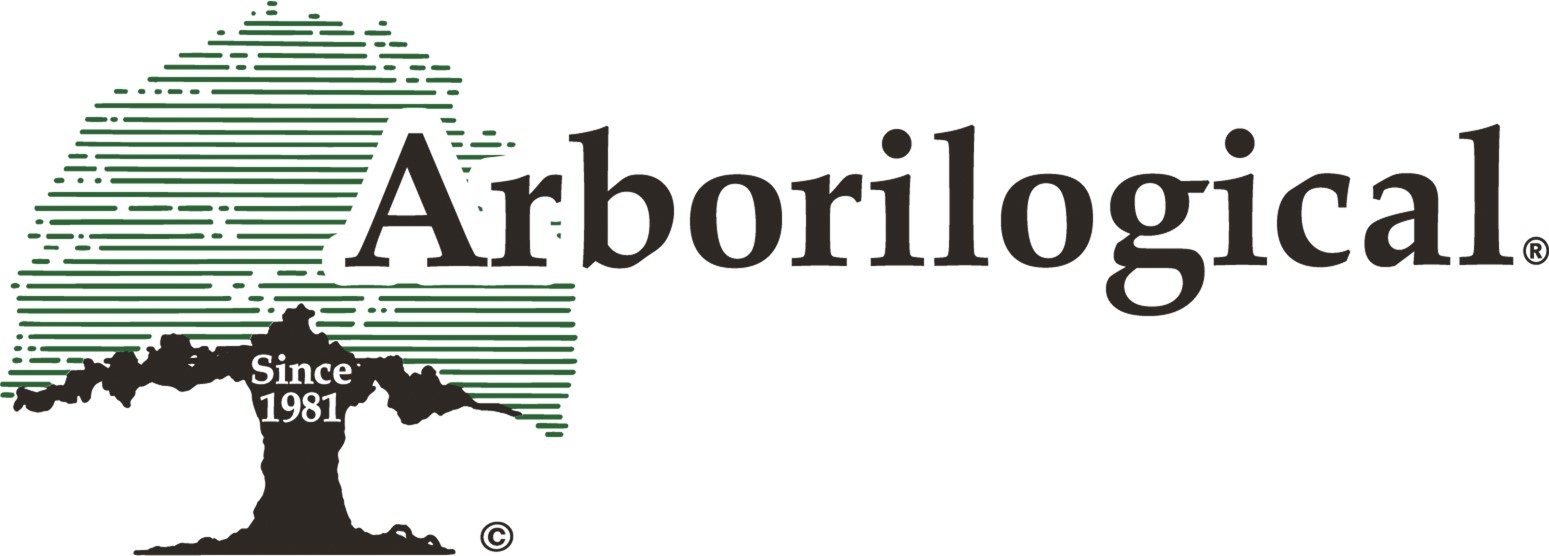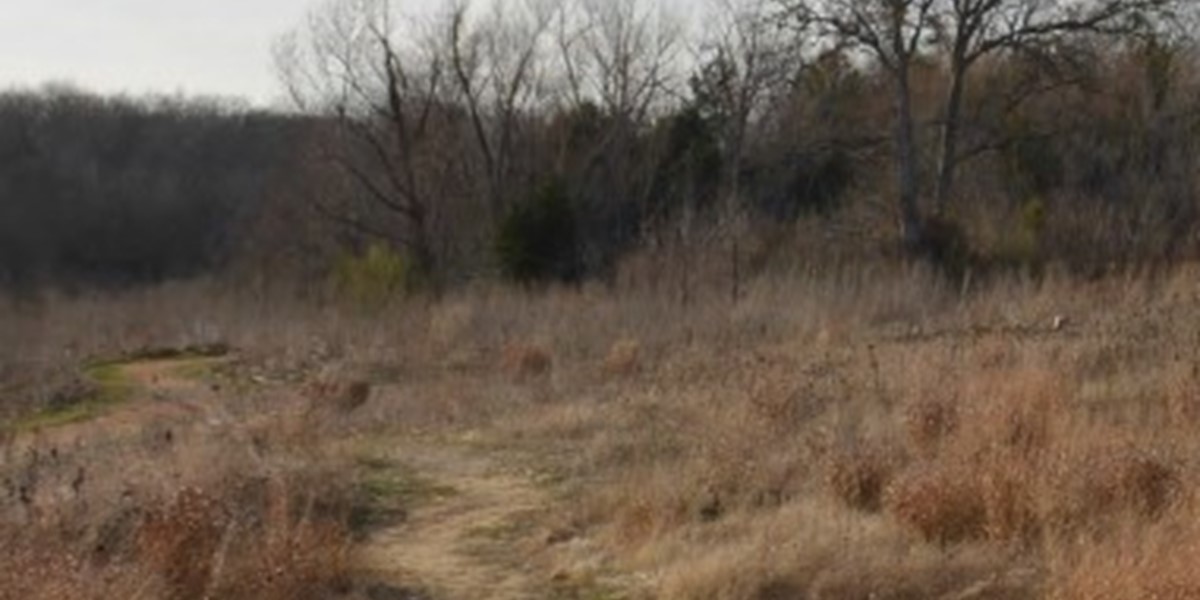
A Case Study by Callahan Seltzer
Ecological Urbanism, Fall 2014 / Professor Anne Whiston Spirn / Massachusetts Institute of Technology

Abstract
Introduction:
Why Study the Great Trinity Forest?
Imbedded Narratives
Growing an Urban Forest Case Study
Dallas: Where Four Landscapes Meet
Growth Patterns: The Trinity Forest in Eras of Canalization, Suburbinization, Degradation
Remediation: The Trinity River Audubon Center
Analysis: Successes and Challenges
Recovery: The Trinity River Forest Management Plan
Analysis: Successes and Challenges
Lessons from the Great Trinity Forest
References

“It is time to employ one of the greatest human talents, the ability to manipulate the environment, to transform an environment that has become hostile to life itself, into a humane habitat which sustains life and nourishes growth, both personal and collective.” (Anne Whiston Spirn, 1984)
This case study examines two types of commitments the City of Dallas has made to repair and preserve an urban forest amidst various social, economic, and environmental pressures. The city has embarked on two separate, but related efforts to regrow and restore the Great Trinity Forest: 1) the development of the Trini-ty River Audubon Center (TRAC) in the south Dallas area known as Deepwood and 2) the creation of Great Trinity River Forest Management Plan.
Drawn from interviews, extensive document reviews, photography, and a site visit, the case attempts to answer two questions 1) how has the City of Dallas chosen to restore and protect this urban forest? 2) what can we learn from these approaches?
Exploration of these questions has revealed answers that are more sociospatial than scientific: a robust, multidimensional set of narratives of cultures, neighborhood histories, and relationships between humans and nature emerges, all growing together in the Trinity Forest.
To Continue Reading, please Download the PDF below the first picture above.

